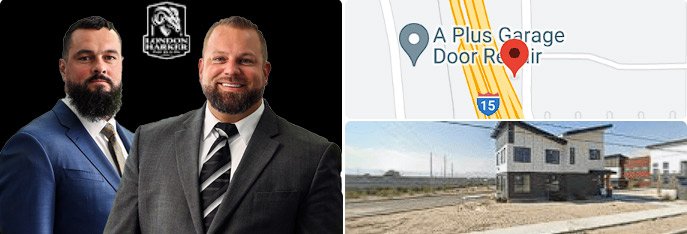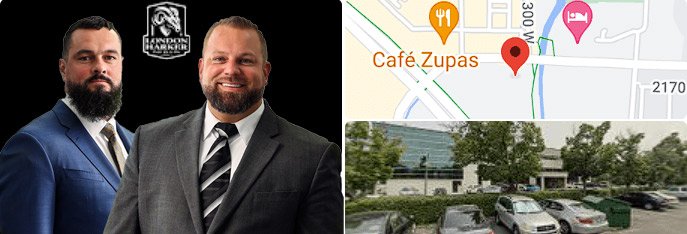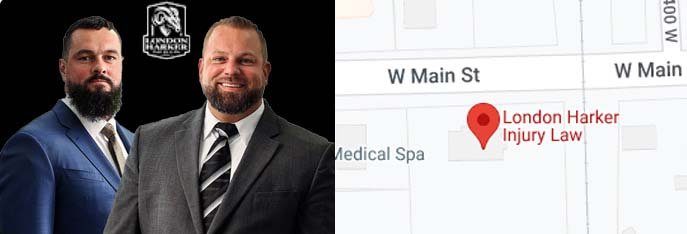In the aftermath of a serious truck accident in Utah, determining fault and securing fair compensation often hinges on one critical source of truth: black box data. Also known as an Event Data Recorder (EDR), this device can provide a detailed, unbiased account of what happened before, during, and after a collision. In many cases, it serves as the key to justice for injured victims and their families.
What Is Black Box Data and Why Does It Matter?
Black box data is recorded by an onboard EDR system installed in most commercial trucks. Unlike eyewitness accounts—which can be incomplete or inaccurate—EDR data offers a factual, digital trail that is often undeniable in court.
Under Federal Motor Carrier Safety Regulations (FMCSR), many commercial vehicles are required to have these recording systems in place. The data they collect can reveal patterns of negligence or evidence of equipment failure—both critical for proving liability in a Utah truck accident lawsuit.
What Does a Truck’s Black Box Record?
Black boxes capture a wealth of information that can shine a light on the truth:
-
Vehicle Speed: Was the truck traveling over the posted speed limit or too fast for weather conditions?
-
Brake Usage: Data shows when and how brakes were applied—vital for understanding whether the driver attempted to stop.
-
Hours of Service (HOS): Federal rules limit how long a driver can be behind the wheel without rest (49 CFR § 395). Black box data can expose HOS violations and driver fatigue.
-
Steering Inputs: Indicates whether evasive action was taken, potentially proving or disproving a claim of sudden hazard.
-
Mechanical Failures: Fault codes or warning lights recorded may highlight poor maintenance or defective parts.
How EDR Data Strengthens a Truck Accident Claim
Black box data plays a pivotal role in building a compelling legal case. Here’s how:
-
Proof of Negligence: If a truck was speeding, failed to brake, or showed signs of maintenance neglect, EDR data can serve as concrete evidence.
-
Disputing False Claims: Trucking companies and insurers may try to deflect blame. EDR data can clearly show fault and protect your legal rights.
-
Accident Reconstruction: Experts can use the data to recreate the sequence of events, pinpointing the exact moment and cause of the crash.
-
Negotiating Power: Strong evidence increases the likelihood of a favorable settlement without needing to go to trial.
The Challenge: Accessing and Interpreting the Data
Despite its importance, accessing black box data is not always straightforward. Here are common hurdles:
-
Ownership Disputes: The data is technically owned by the trucking company, which may delay or deny requests to release it—especially if it’s incriminating.
-
Time-Sensitive Nature: EDR data can be overwritten or lost if not preserved quickly. Immediate legal intervention is crucial.
-
Complexity: Decoding this data requires collaboration with specialized engineers and accident reconstructionists.
Legal Backing: Your Rights Under Utah Law
Although no Utah-specific statute directly addresses EDRs in civil lawsuits, black box data may fall under discovery laws during litigation. Utah’s Rules of Civil Procedure (Rule 26) provide guidelines for obtaining relevant evidence, which includes EDR data in personal injury claims.
Why You Need a Utah Truck Accident Lawyer
Given the technical and legal complexity, working with a seasoned attorney is essential. At
London Harker, our team knows how to:
-
Secure black box data before it’s lost or altered
-
Work with top experts to interpret EDR findings
-
Build a solid case supported by irrefutable evidence
-
Hold negligent drivers and trucking companies accountable
Take Action Quickly—Time Matters
If you or a loved one has been involved in a truck accident in Utah, don’t wait. Black box data can make or break your case, but only if it’s secured in time.
Reach out to London Harker today for a free consultation. We’ll fight to protect your rights, preserve crucial evidence, and help you pursue the compensation you deserve.



